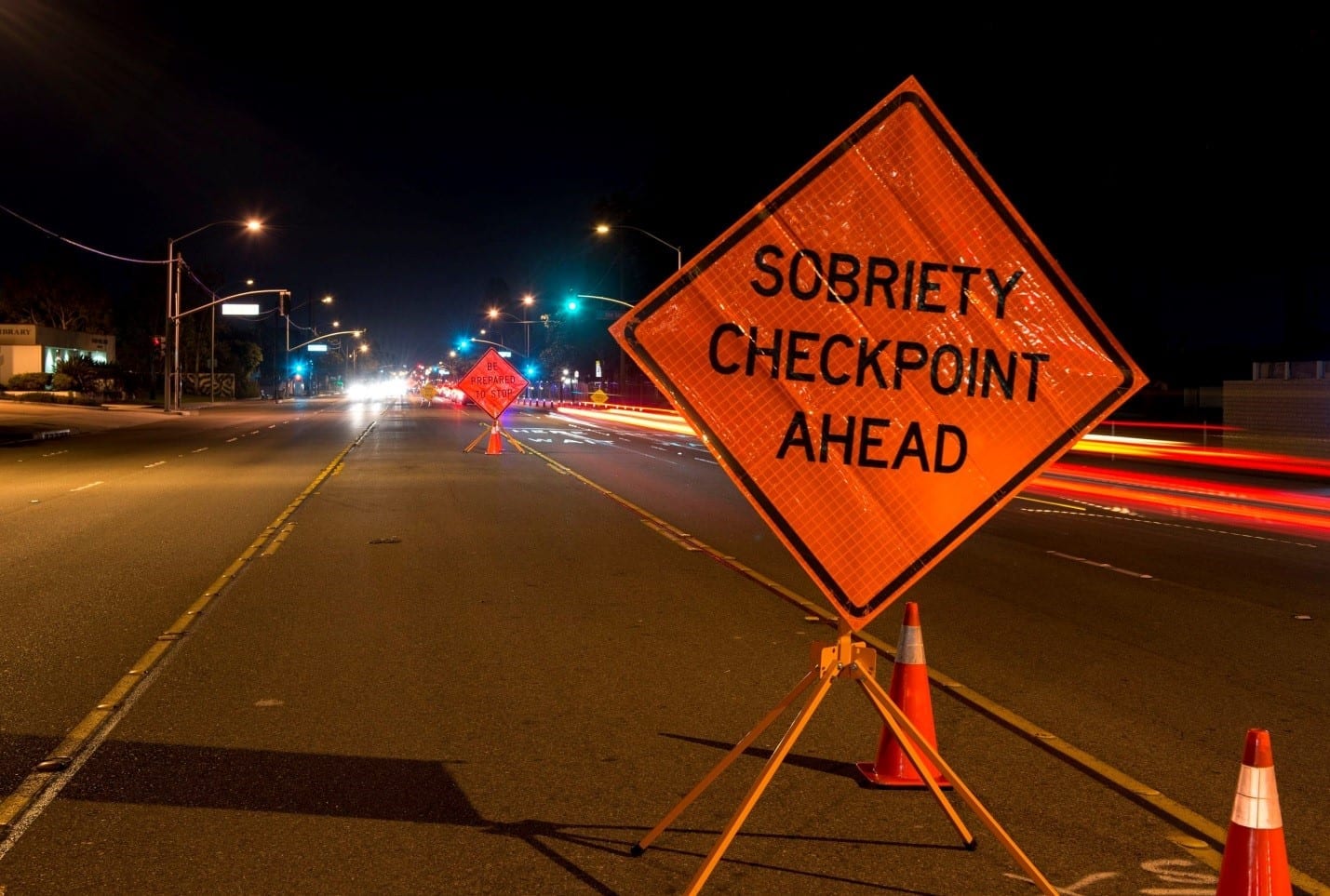More DUI Checkpoints in Latino and African American Neighborhoods
DUI checkpoints—sometimes referred to as sobriety checkpoints—are roadblocks set up by officers to stop vehicles to check for drunk drivers. DUI checkpoints are designed to achieve surprise, and are often set up in areas not visible to approaching traffic. Typically, vehicles are stopped in a specific sequence, such as every other vehicle, or every fourth and fifth vehicle. If an officer’s initial encounter with a driver gives him or her reasonable suspicion that the driver is drunk, the officer may conduct a field sobriety test that could lead to a request for a chemical test.
While there was initial concern that DUI checkpoints violated rights, the Supreme Court deemed DUI checkpoints constitutional in 1990. According to the federal Centers for Disease Control and Prevention, such checkpoints have been successful in reducing alcohol-related crashes by 17 percent, and all auto accidents by 10 to 15 percent.
In Chicago, however, sobriety checkpoints are often misused, according to some advocates. A recent study from the Chicago Tribune found that DUI checkpoints are set up far more frequently in Latino and African-American neighborhoods than in predominantly white ones.
The study found that a staggering 84 percent of DUI checkpoints were established in minority neighborhoods. According to the research, 127 of the 152 scheduled roadside sobriety checks were in Hispanic or black police districts between February 2010 and June 2014. Some of the districts with the most checkpoints had relatively few recorded DUI-related accidents.
Alternatively, only six sobriety checkpoints (less than four percent) were scheduled in white neighborhoods – even in neighborhoods with high rates of DUI-related crashes. For example, Jefferson Pak has one of the city’s highest alcohol-related accident and fatality rates, but a DUI checkpoint has not been scheduled in the neighborhood for more than five years. By contrast, the Austin district on the West Side has had 10 DUI checkpoints in the last five years.
Protecting Your Rights against Prejudiced DUI Checkpoints
 As DUI checkpoints spring up in black and Hispanic neighborhoods and other areas across Chicago, it is likely that innocent drivers may get swept up in local law enforcement’s eagerness to make arrests. To protect yourself from an unfair DUI arrest, it’s important to know your rights.
As DUI checkpoints spring up in black and Hispanic neighborhoods and other areas across Chicago, it is likely that innocent drivers may get swept up in local law enforcement’s eagerness to make arrests. To protect yourself from an unfair DUI arrest, it’s important to know your rights.
You have a right to remain silent. When an officer pulls you over at a DUI checkpoint, you have a right to remain silent. While you are required to provide your license and registration, you do not have to answer questions about what you’ve been doing or where you are headed.
Officers cannot search your car. Never agree to let an officer search your vehicle if you are pulled over at a DUI checkpoint.
You have a right to refuse a field sobriety test. In some cases, it’s a good idea to exercise your right to refuse a field sobriety test. Even if you are sober, it can be difficult to stand on one leg or walk a straight line when you are stressed, but your inability to do so could be used as evidence against you in court. Similarly, you can refuse to take a breathalyzer test, though your license may be suspended for doing so.
You have a right to an attorney. If you have been arrested at a DUI checkpoint, you should take advantage of your right to an attorney. An aggressive Chicago DUI lawyer understands the laws involved with DUI checkpoints and arrests, and may be able to help you prove the arrest was unfounded or racially biased. Your attorney can help you standup to a racist or unfair DUI checkpoint, defending your rights and protecting your license.
About the Author:
Andrew M. Weisberg is a former felony prosecutor who now serves as a defense attorney in the greater Chicago area. He has extensive experience in handling all types of criminal cases, from sex offenses and domestic violence to retail theft-related crimes, Murder, and drug crimes.







 Blog Home
Blog Home 










